What is an ETF vs Index Fund, the Best Ways to Invest Long Term
Both ETFs and index funds are very similar in that they are funds comprised of many different stocks. That is why it can be confusing sometimes as to what the difference is between the two. In this article we will be covering what is an ETF vs Index Fund and more specifically how each one works and how they compare to each other.
| Related Posts |
|---|
Fees on ETFs
ETFs typically carry an expense ratio of .44% meaning that for every $100 that you invest you’ll be paying $0.44 in annual feeds. This is typically much cheaper than index funds, however, both are still significantly cheaper than mutual funds on average. Different ETF’s will have different expense ratios and different brokerage firms will offer difference expense ratios as well. It’s important to consider different brokerages and ETFs alongside how much you’ll be investing to determine how to proceed.
 Fees on Index Funds
Fees on Index Funds
Index funds typically carry an expense ratio of .74%. This is quite a bit higher than an ETF, however, still much cheaper than mutual funds. Again, .74% is only the average, and there are many that are less, much like there are many ETF’s out there that are customized and heavily actively managed and thus carry a much larger expense ratio then the average ETF of .44%. For example, the ETF BIZD carries a 9.62% expense ratio. This means for every $100 that you invest you won’t be paying $0.44 in annual fees, but you’ll be paying $9.62 in annual fees. As with ETF’s it is important to consider your brokerage fees and the fees associated with your respective index fund.
What is an ETF vs Index Fund Investment Opportunity
Index funds closely track different stock market indexes. Some of these indexes include Dow Jones industrial, NASDAQ, the S&P 500, the Russell 2000, etc. This limits you in your investment opportunities to indexes. ETFs however, are a collection of any assortment of stocks. It could be tech stocks, oil and gas stocks, agriculture stocks, or it could be any combination of them. These ETFs are typically as diversified as many indexes, however, some of them, despite diversification, underperform due to the selected stocks. This is something to look out for when selecting an ETF, it is important to make sure that the ETF that you select performs well and has stocks that are diversified enough to guarantee consistent positive return before investing.
What is an ETF vs Index Fund Actively and Passively Managed
ETFs can be actively or passively managed whereas index funds are always passively managed. Now what this means, is that a passively managed fund simply follows an index without any management of money allocation and an actively managed fund has brokers that make decisions on how to allocate a fund’s money. An example of an ETF and an index fund that track similarly is the S&P 500 index fund FXAIX and the S&P 500 ETF SPY, both are passively managed and follow the S&P 500. There are ETFs that do not follow specific indexes, though, and these typically carry with them a higher expense ratio but allow you more options and opportunities on how your money will be invested.
Sources:
https://money.cnn.com/data/markets/
Disclaimer: The opinions and documentation contained within this article and on this blog are the sole property of inflationhedging.com and are not to be copyrighted or reproduced in any manner, else legal action within the rights of the United States legal code could be use to obtain recompense. All articles and blog posts are the sole opinions of the writers of the blog, and are not necessarily in line with what exactly will work for you, you should consult a CPA, Tax Professional, or Financial Professional to determine what exact financial needs are in line with your interests. Also, from time to time, certain links on this website will be used to generate affiliate commissions, in order to support the health and growth of our website, health and business.

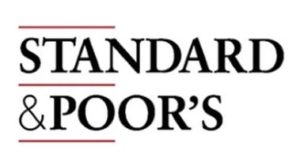 Fees on Index Funds
Fees on Index Funds


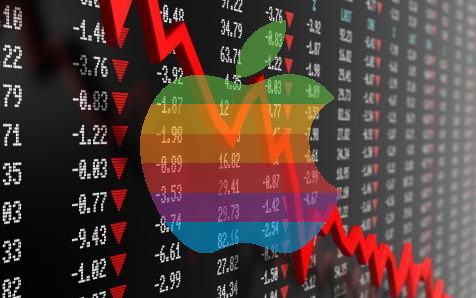


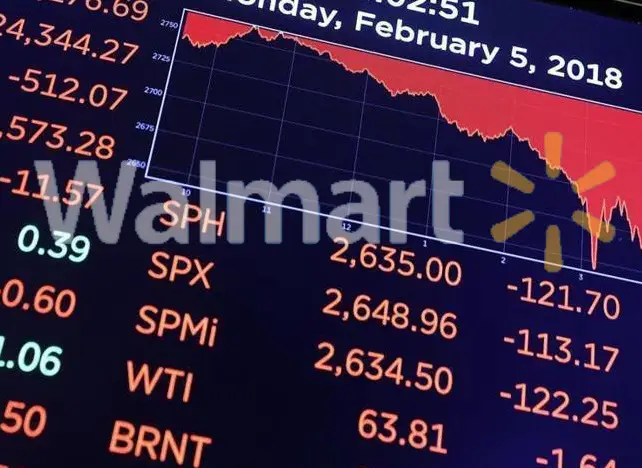
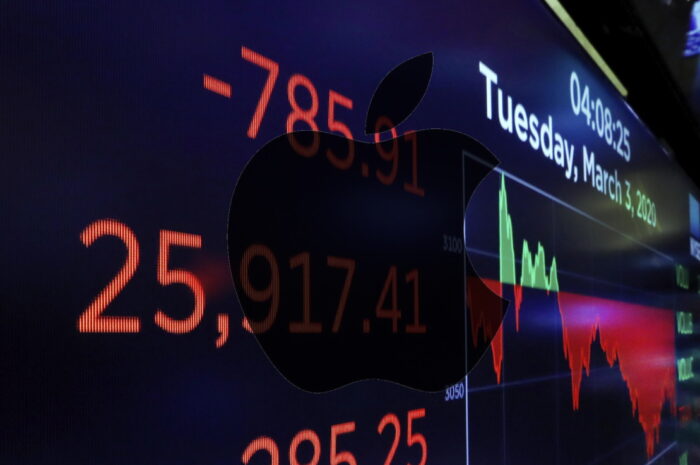
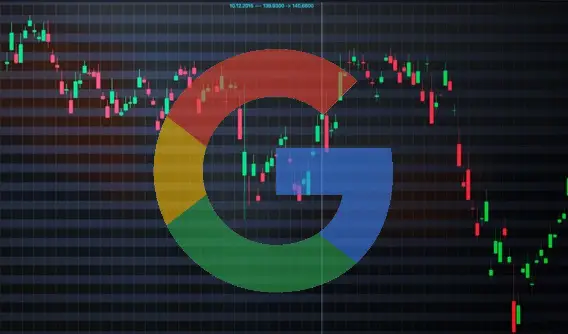
[…] Previous Predicting the Stock Market, Proof that Nobody Can […]
[…] Previous Next Predicting the Stock Market, Proof that Nobody Can […]
[…] you wanted to track all the tech stocks such as Facebook Google Amazon an Apple, one of the most popular indexes that tracks these stocks is NASDAQ. However, The S&P 500 also has 6300 other stocks that you […]
[…] on mutual funds are typically based on which mutual fund you invest in, much like with index funds and ETF’s. Because index funds are mutual funds, they tend to have similar fees. In order to avoid some of […]
[…] ETF vs Index Fund […]
[…] ETF vs Index Fund […]
[…] ETF vs Index Fund […]